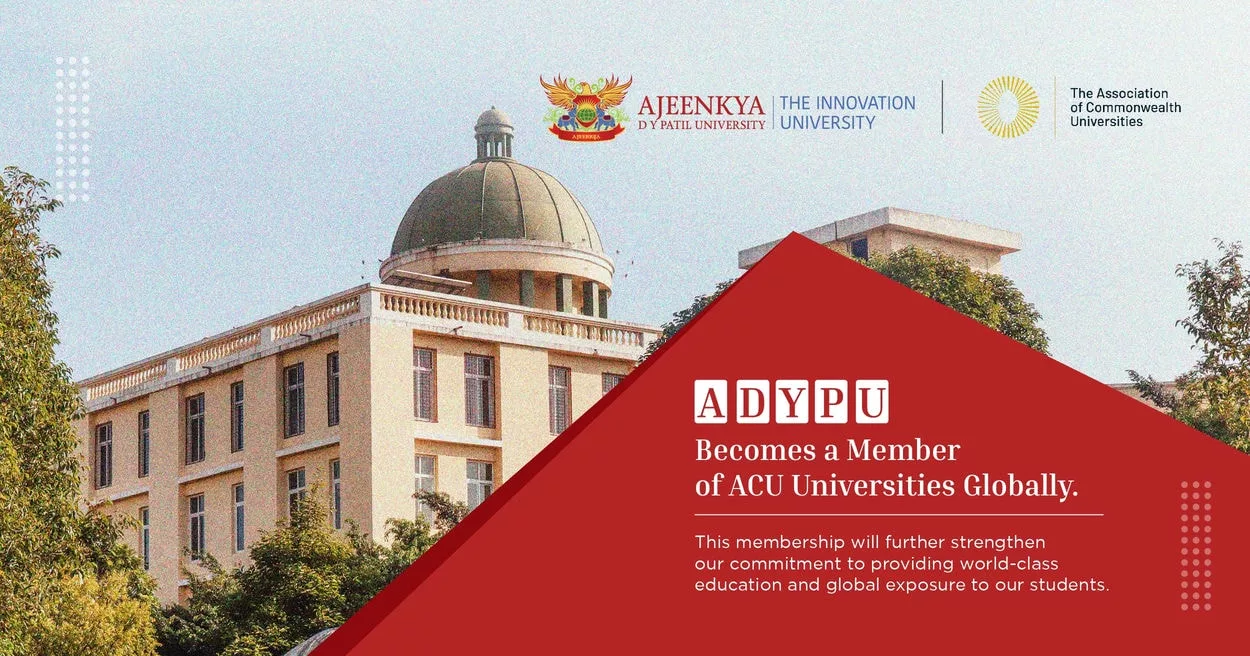What constitutes a good educational process? Is it just expert faculties with years of experience and modern infrastructure, or does it entail something more than that? This is a question that bears much deliberation, and the answer does not relate to a single attribute as we need to consider several aspects. One of the foundational factors includes effective teaching and learning methodologies facilitated by competent teachers.
However, one needs to understand that the learning process remains unfinished and inconclusive if it does not incorporate industry-academia collaboration. Besides, when institutes conduct events and camps related to career and job opportunities, it enables students to get exposure to industry experts. That is why industry partnerships with corporate organizations and firms are beneficial in the long run.
Importance of Industry Partnerships
STEM education is extremely essential for training and educating future engineers, mathematicians, scientists and IT specialists. However, overdependence on theoretical and passive learning prevents students from getting real-time experience.
Therefore, industry partnerships are vital because it provides students with an opportunity to work on cutting-edge technologies and determine in-demand industry skills. Also, strategic programs as such allow students to engage in a real-world setting in lieu of partnerships with
corporate, national laboratory, agency or nonprofit sponsors.
In addition, the university or college succeeds in creating the space for innovation, research and development activities.
Benefits of Industry Partnerships for Students
When institutes collaborate with varied organizations, it provides them access to more resources which is instrumental in expanding the research process. Also, students get real-time exposure to industry jobs; when they participate in institute-held incubator projects, they get to land a job role in a particular company.
Furthermore, these partnerships lead to various events throughout the academic year, allowing students to build professional connections with industry representatives and officials. There are a few other advantages which are as follows:
Exposure to Industry Practices
All students are aware of the cut-throat competition prevailing in the job market, and simply graduating with good scores is not enough. The truth of the matter is that employers and companies look for competent individuals with transferable skills. And that is exactly what strategic partnerships provide during various academic events.
As a result, students get acquainted with industry practices and are able to gain insight into the industry-specific workings. For instance, someone who is interested in working in the hi-tech industry might get information about the latest technological tools and solutions, such as cloud computing.
Development of Relevant Skills and Knowledge
When the university hosts events in collaboration with domain-specific companies such as engineering firms or IT organizations, it helps students to interact with industry experts and stakeholders. In effect, they also get acquainted with the in-demand skills and knowledge; for instance, two-day or week-long workshops help students to work on particular problems or projects.
As a result, they get an idea of the skills they need to learn to become valuable assets in the coming years; hence they prepare themselves accordingly.
Professional Development Opportunities
Workshops or conventions are not simply for engaging students in extracurricular activities; instead, they aim to add value to the student learning experience. Moreover, it is an appropriate platform that aids students in professional development. For instance, they get the chance to understand the core competencies and begin working on themselves to inculcate management skills, leadership qualities, team player attitude, etc.
Opportunities in Research Collaborations
The research and development process is a significant activity that leads to answering critical questions and finding solutions to complex problems. In fact, it is one of the pivotal ways in which educational institutes contribute to society; no wonder the top private university in Pune invests its time and effort in research work.
In addition, collaborative research work allows students and faculty to exchange ideas across disciplines and educate themselves in new skills and information. More importantly, collaborations ensure the continuation of the research work and not stop in the middle due to a lack of funds.
Industry Partnership Program at ADYPU
The common perception that persists is that the lack of adequate jobs has been a major issue causing widespread youth unrest. While that might be partially true, it is worth noting that the shortage of competent graduates with industry-specific skills is an essential factor. And that is where ADYPU has succeeded in bridging the gap between education and career opportunities.
For instance, ADYPU promotes an innovation-driven society, wherein the institute incorporates programs and events, enabling students to upgrade themselves with relevant knowledge and skills. In fact, the Placement and Corporate Relations at ADYPU is a unique alliance between Industry experts and practitioners, the university, and the student body.
So, by the time students graduate, they are industry ready and capable of utilizing their knowledge; the industry partnership program helps in strategic hiring and career decisions.
Conclusion
Research and development activity is an integral part of the education process, which helps students participate in solution-seeking or problem solutions. However, inadequate institutional support is a significant obstacle, something which ADYPU understands and avoids thoroughly. Additionally, the university’s industrial partnerships ensure the smooth continuation of research activities and students’ skill development.


